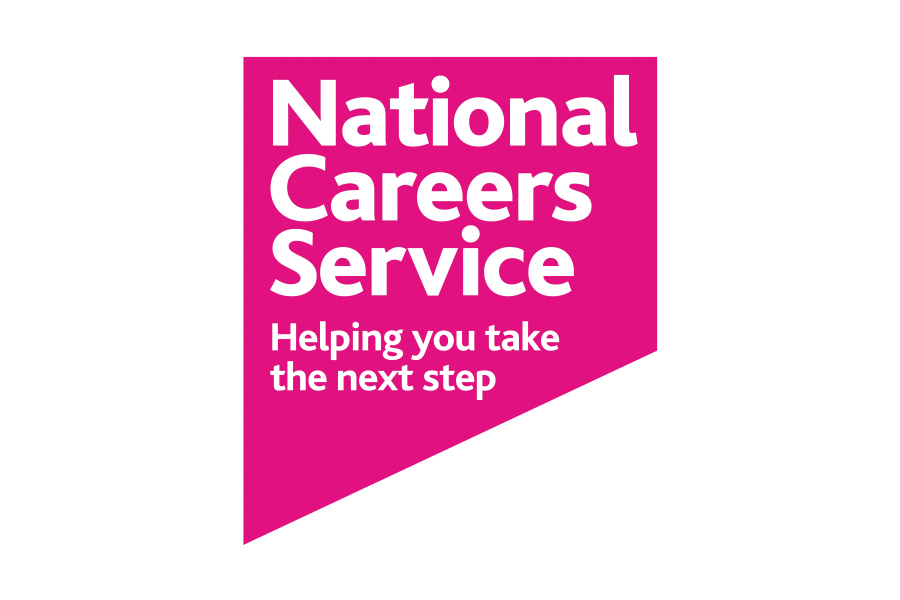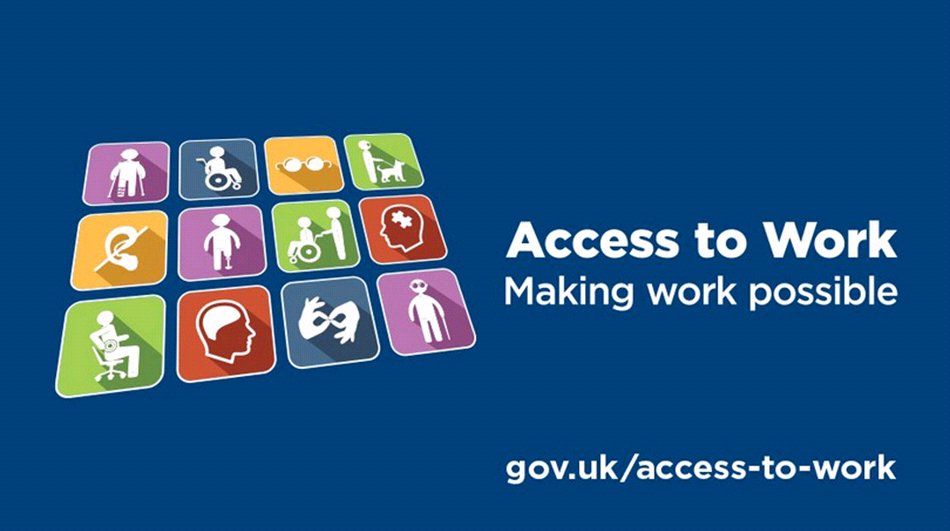News
Disability Employment Guidance: Your Path To Employment
The world of employment is a challenge for everyone but more so for those with a visible or hidden disability.
No matter if you’re at the beginning of your career, you’re returning to work, or you’re changing jobs, the recruitment process is challenging and tiring.
Diversity and inclusion are at the top of many organisations’ lists when it comes to recruitment. Many employers transparently advertise that they are an equal opportunities employer and inform applicants to request adjustments at interviews if they wish. Of course, many companies and organisations don’t think to offer adjustments to disabled applicants but many are forward-thinking in this respect.
HR managers are better trained in the need to follow inclusive recruitment practices, and more and more companies are realising the benefits of having a diverse workforce. With this in mind, we’ve put together some employment information for disabled people and carers who are seeking employment.
What is the National Careers Service?

The National Careers Service is a UK Government organisation that supports people in getting into work. has lots of free resources available on its website. These help you:
Their website has a tool to build your own personal Action Plan which helps you break down the steps to finding the right employment and career for you.
Skills Healthcheck
You can take a skills health check which takes you through 10 short assessments which generate a personal and work-based skills report. This can help you in two ways. It can confirm the value of your current skills, increase your confidence, and can identify areas to focus on improving.
Learn more about skills assessments
Courses
The service has links to free courses and other training options. You can find full-time, part-time, and online courses.
Speak To A Careers Adviser
The National Careers Service have advisers who can help you find the right advice and resources. You can contact them by phone or web chat.
Learn more about career advisors and action plans
Careers Advice
The service also has many resources and articles on making career choices, getting a job, and progressing your career.
Learn more about the National Careers ServiceWhat is the Disability Confident Scheme?

The Disability Confident Scheme was created to encourage employers to think differently about disability and to improve how they recruit, develop, and retain disabled employees.
Employers who have signed up to the scheme can be identified by the Disability Confident badge that they display on their publicity and recruitment information.
These employers have committed to:
- Actively attracting and recruiting disabled people
- Providing a fully inclusive and accessible recruitment process
- Offering an interview to disabled people who meet the minimum job criteria
- Being flexible when assessing your suitability for the job
- Proactively offering you reasonable adjustments
- Ensuring that their recruiting staff are disability aware
You can find Disability Confident employers by checking the full list of organisations that are signed up to the scheme.
See the list of Disability Confident employersWhat is Access to Work?

Access to Work is a UK Government scheme that can help you get or stay in work if you have a physical or mental health condition or disability.
Through the Access to Work scheme you can apply for:
- a grant to help pay for practical support with your work
- support with managing your mental health at work
- money to pay for communication support at job interviews
Communication Support
The scheme can provide you with money to pay for a BSL interpreter at interviews or other communication support if you have a mental health condition or learning difficulty.
Learn more about communication support
Mental Health Support
Under this scheme employed people who have a mental health condition can get support to help them stay in work. For example, the scheme could pay for counselling sessions.
Check your eligibility to apply for mental health support.
The Government Mental Health Support at work providers are:
- Able Futures
- Remploy
- You can download the Easy Read Access to Work guide from DWP which explains what Access to Work is and how you can apply for it. If you use assistive technology such as a screen reader and need a more accessible format, you can email accessible.formats@dwp.gov.uk. Make sure you tell them what format you need.
What are Reasonable Adjustments?
The UK Government requires employers to make reasonable adjustments to make sure workers with disabilities, or physical or mental health conditions, are not disadvantaged at work. This applies to all workers, including trainees, apprentices, and contract workers.
You may be asking ‘What are reasonable adjustments?’, well the Government defines them as including:
- If you suffer from social anxiety. They must ensure they do things another way, such as allowing you to have your own desk instead of hot-desking.
- If you’re impaired in any way. They must allow and make physical changes to the workplace, like installing a ramp or an audio-visual fire alarm for a Deaf person.
- If you’re a wheelchair user. They must enable you to work somewhere else, such as on the ground floor.
- If you suffer from arthritis or a similar condition. They must allow you to change your equipment, such as accessing a special keyboard.
- If you have become disabled. They must allow you to make a phased return to work or allow flexible working hours.
Read more about reasonable adjustments
Reasonable adjustments are particularly important during the recruitment process. You can ask potential employers to make adjustments if they’re reasonable. This could be allowing wheelchair users to have their interview on the ground floor or allowing candidates to complete a written test using a computer.
You can get advice on reasonable adjustments from the Disability Employment Adviser (DEA) at your local Jobcentre Plus office.
Learn more about Reasonable AdjustmentsWhat is the Equality Act?
The Equality Act 2010 legally protects people from discrimination in the workplace.
It is against the law for employers to discriminate against you because of your disability, age, gender, married or partnership status, pregnancy or being on maternity leave, race including colour, nationality, ethnic or national origin, religion or belief, or sexual orientation. These are all considered to be ‘protected characteristics. Employers cannot treat anyone with protected characteristics less favourably, disadvantage them, harass or victimise them.
If you’re a disabled person applying for jobs the Equality Act protects you from discrimination and victimisation from potential employers. If you experience discrimination you can contact the Equality Advisory Support Service for help and advice. Alternatively, you can talk to Acas or Citizens Advice.
Learn more about the Equality Act 2010What are Job Centre Disability Advisors?
If you have a disability or health condition that affects your ability to work, you can get assistance and advice on returning to the workplace by speaking to a Disability Employment Advisor (DEA) at your local Jobcentre Plus. Whether you have just lost your job or have been out of work for a long time, advisors are trained to be able to help you to find work or to gain new skills for a job. They can help with work preparation, recruitment, interview coaching and confidence building.
Learn more about Disability Employment AdvisorsWe hope you found this article helpful. Here’s a list of the information we’ve highlighted here.
- National Careers Service
- Reasonable Adjustments
- Communication Support
- The Equality Act 2010 Overview
- Discrimination Rights
- Types of discrimination
- Disability Employment Advisers
- Support for Disabled Job Seekers
- Access To Work Eligibility
- Able Futures Mental Health Support
- Remploy Mental Health Support
- Job Centre Disability Employment Advisors
- Equality Advisory Support Service
- Acas Equality Advice
- Citizens Advice Equality Advice
- Contact Job Centre Plus
- Disability Confident Employers List
